U.S. News
21 Foods That Could Be Banned Under RFK Jr.’s Health Agenda as His Nomination Moves Forward
By Jake Beardslee · February 7, 2025

Kennedy has made it clear he intends to crack down on what he calls “ultra-processed foods” and artificial additives. But what does that mean for grocery stores, restaurants, and the average American’s wallet?
If Kennedy moves forward with his clean-label agenda, here are 21 foods that could face new restrictions—and the unintended consequences those bans might create. Gage Skidmore / Wikimedia
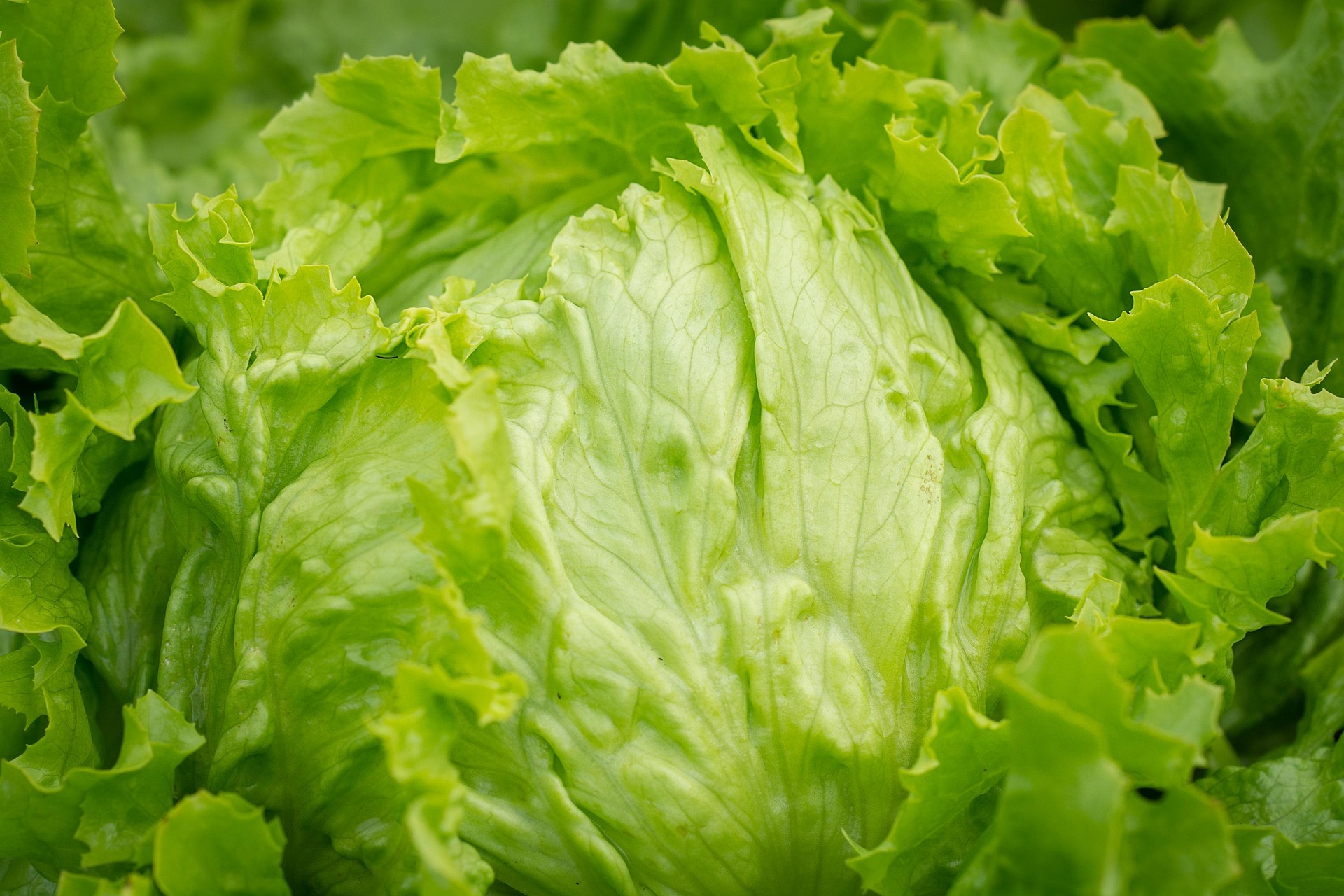
Bagged Iceberg Lettuce – Hidden Chemicals in Your Salad
Most pre-cut and bagged lettuces aren't as fresh as they look—they use FDA-approved chlorine washes (a standard food safety measure used across the produce industry) and modified atmosphere packaging to prevent wilting and ensure food safety. If Kennedy cracks down on chemical processing in fresh produce, manufacturers may need to find new ways to keep lettuce crisp and safe for consumption.Potential Impact: Expect higher prices, shorter shelf life, and fewer “grab-and-go” salad options in stores. Pezibear / Pixabay
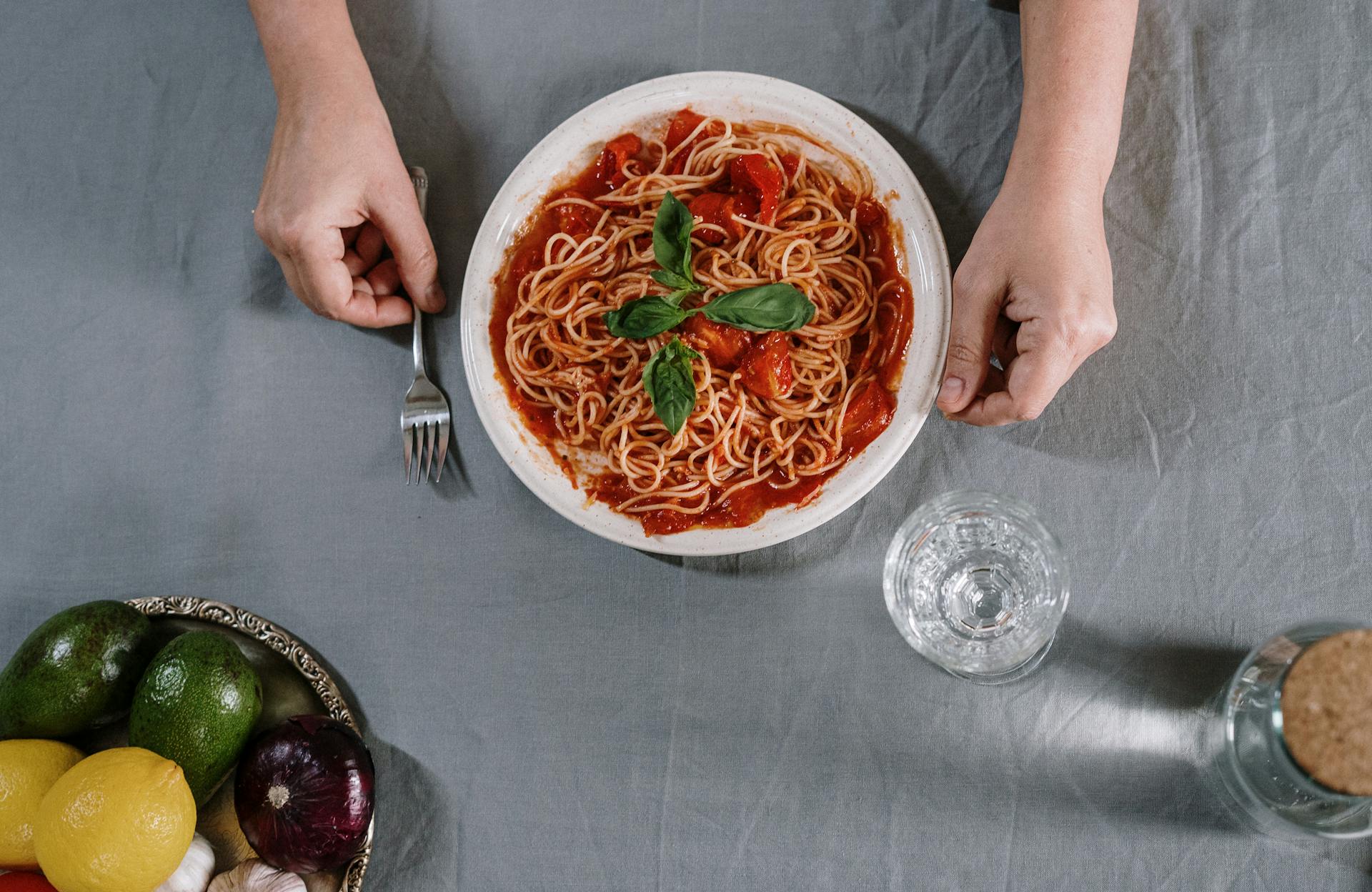
Canned Spaghetti and Ravioli – A Nostalgic Favorite Under Fire
Canned spaghetti and ravioli aren’t just pasta—they’re typically a preservative cocktail designed to sit on store shelves for years. With Kennedy’s clean-eating push, calcium disodium EDTA and artificial thickening agents may face scrutiny, leading to a shift toward shorter shelf-life products.Potential Impact: Your favorite pasta pantry staples could see price increases or become harder to find. cottonbro studio / Pexels

Cheese Sticks – The End of Ultra-Processed Cheese?
Snack cheese sticks often contain processed stabilizers, gums, and anti-molding agents. If Kennedy champions stricter dairy regulations, cheese stick manufacturers may have to rethink their formulas—or discontinue certain products.Potential Impact: Shorter shelf lives and a shift toward refrigerated, natural cheese-only alternatives. Chris Hsia / Wikimedia

Pre-Packaged Hard-Boiled Eggs – Convenience at a Cost
These products contain citric acid and sodium phosphate to maintain freshness. If Kennedy’s policies restrict chemical preservatives, expect fewer pre-boiled egg options.Potential Impact: Pre-packaged eggs may disappear from stores, forcing consumers to boil their own at home. Rusiru Bhagya / Pexels

Bottled Chocolate Syrup – Artificial Sweeteners and Thickeners
Popular chocolate syrups contain corn syrup, artificial vanilla, and stabilizers. If Kennedy targets highly processed sweeteners, some brands may be forced to reformulate or discontinue.Potential Impact: Expect less sweet, thinner chocolate syrups—or a higher price for real cocoa-based alternatives. John Liu / Wikimedia

Frozen Corn Dogs – A Fair Food Favorite at Risk
Corn dogs contain preservatives, stabilizers, and artificial cornmeal flavoring to extend shelf life. If Kennedy targets processed frozen snacks, these nostalgic treats may be reformulated or removed from stores.Potential Impact: Expect less crispy batter and a higher cost for cleaner alternatives. Jonathunder / Wikimedia

Powdered Iced Tea Mix – The Push Against Artificial Sweeteners
Many iced tea powders contain aspartame, synthetic lemon flavoring, and preservatives. If Kennedy restricts artificial ingredients, expect reformulated, pricier versions of powdered drinks.Potential Impact: Consumers may need to brew their own tea instead of relying on instant mixes. Laurens van Riel / Pexels
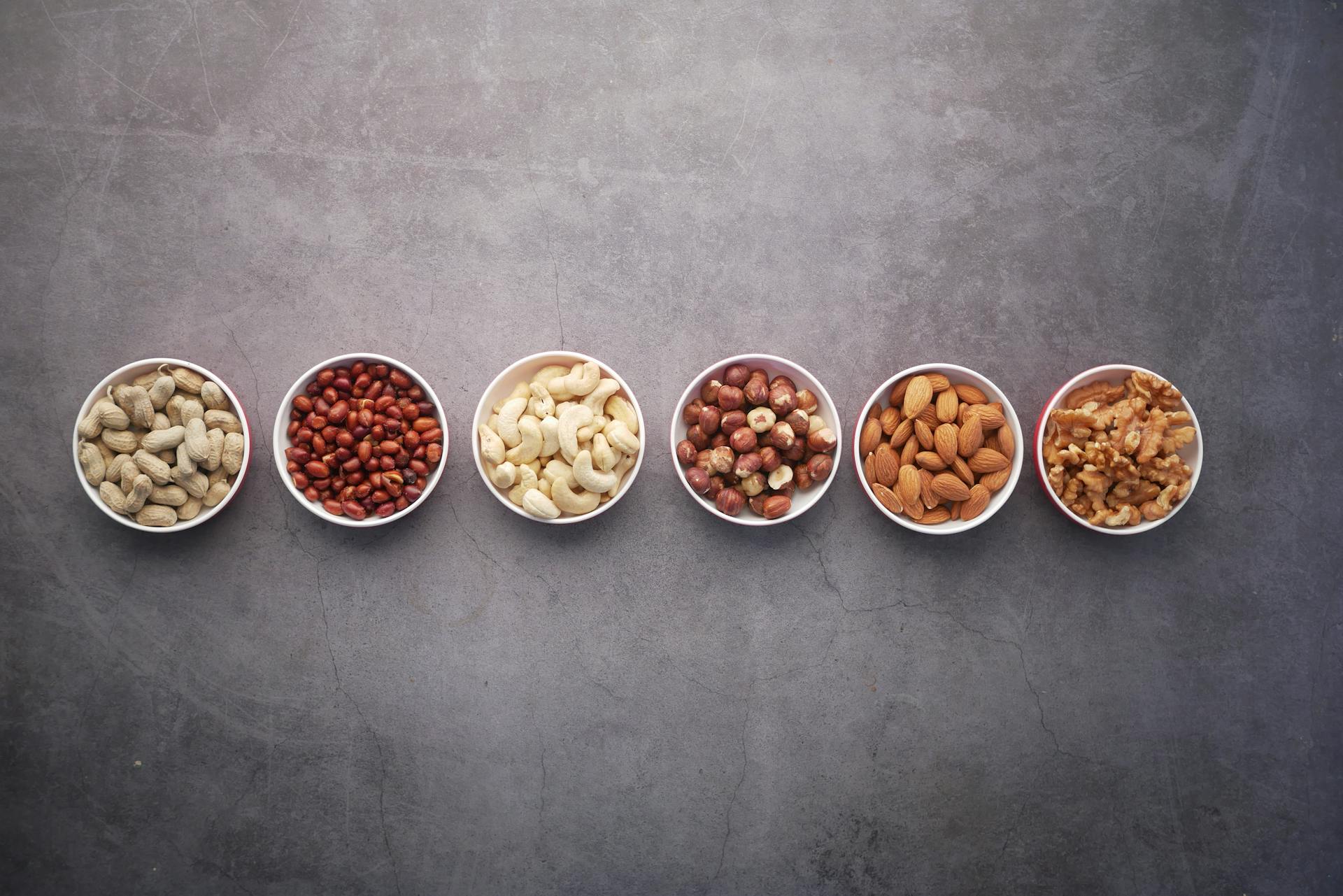
Honey-Roasted Nuts – A Ban on Artificial Glazes?
Some honey-roasted nuts contain synthetic sweeteners, corn syrup solids, and anti-caking agents. Kennedy’s policies may push for all-natural roasting methods.Potential Impact: Expect stickier, less evenly coated nuts—and higher prices. Towfiqu barbhuiya / Pexels
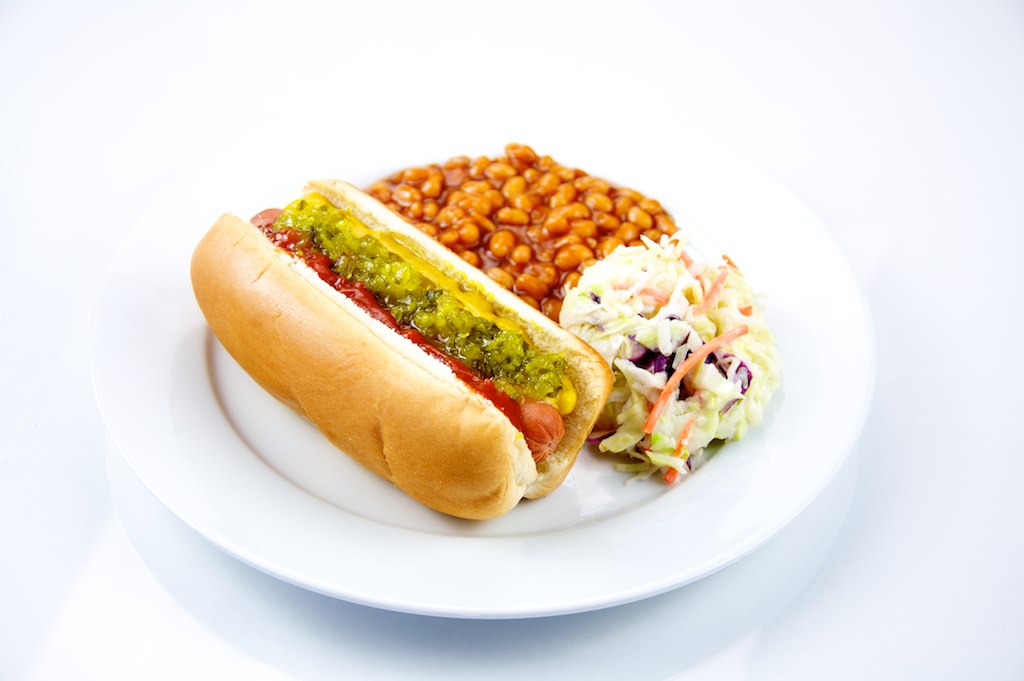
Canned Baked Beans – Classic Side Dishes in Jeopardy
Many canned baked beans contain high-fructose corn syrup, caramel coloring, and synthetic thickeners. If Kennedy enforces cleaner ingredient policies, baked beans may undergo flavor and consistency changes.Potential Impact: Expect less sweet, thinner beans and possible price increases. TheCulinaryGeek / Wikimedia
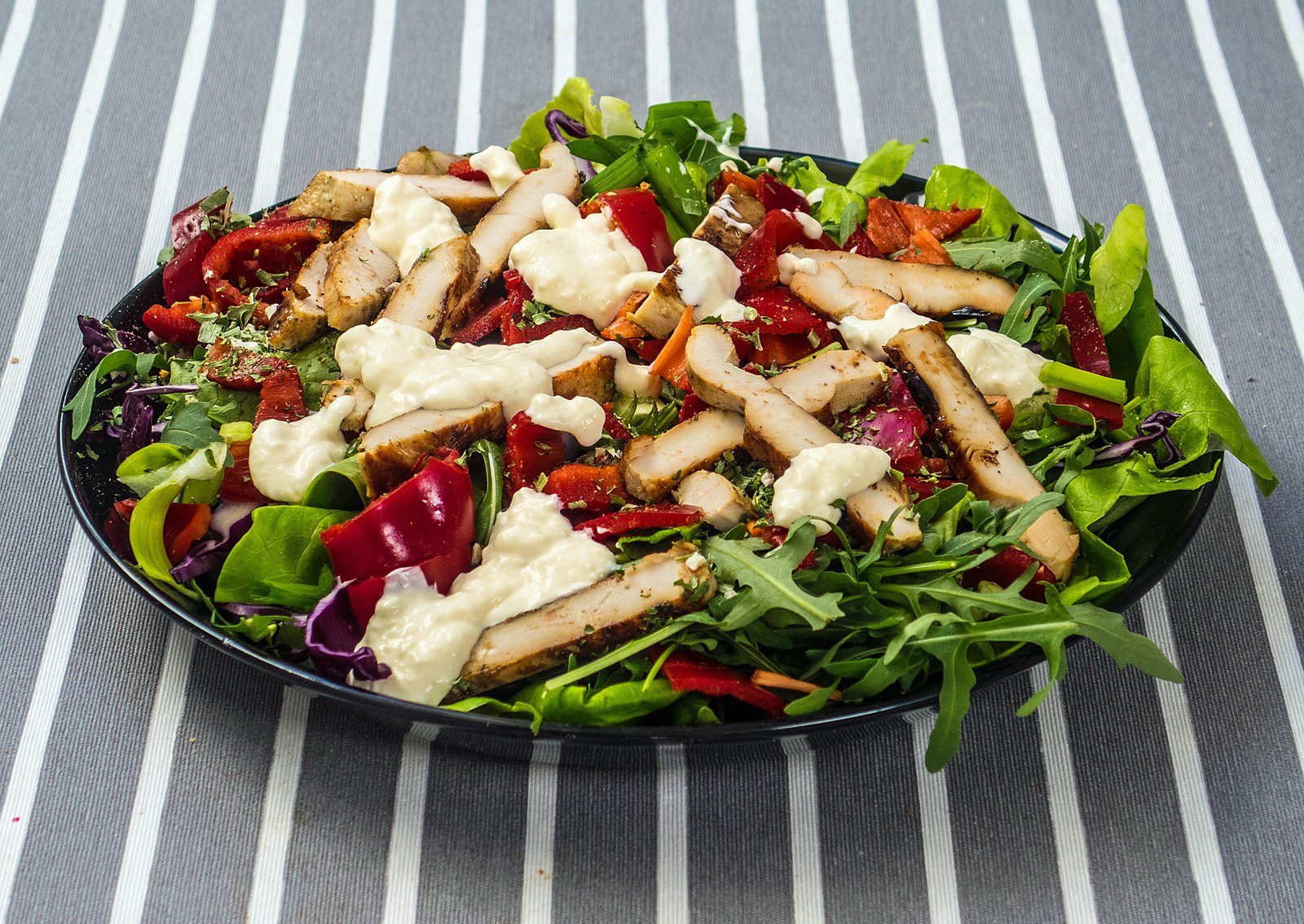
Pre-Made Chicken Salad – A Deli Staple Facing the Chopping Block
Supermarket chicken salads often contain preservatives, modified starches, and artificial mayonnaise stabilizers. A push for fewer chemical additives could impact pre-made deli salads.Potential Impact: Expect shorter shelf life and pricier “clean-label” options. Kotivalo / Wikimedia

Packaged Bagels – Dough Conditioners at Risk
Store-bought bagels often contain azodicarbonamide and mono- and diglycerides to stay soft. Banning these could make them denser, drier, and spoil faster.Potential Impact: Shorter shelf life and fewer affordable options. Dmitry Zvolskiy / Pexels
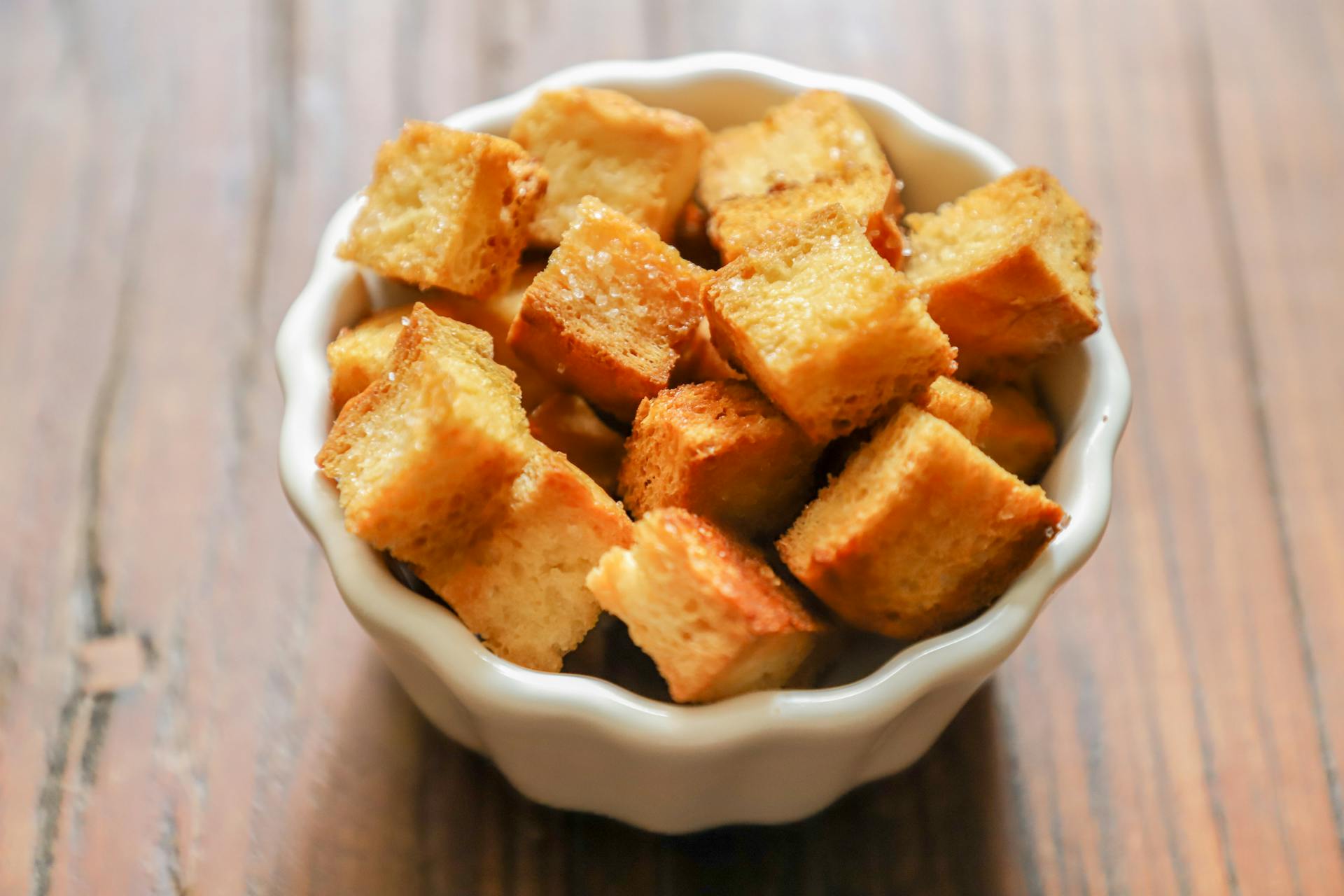
Pre-Packaged Croutons – Hidden Preservatives in Salads
Many store-bought croutons contain BHT and calcium propionate to prevent mold. A ban on these could lead to faster staleness and higher prices for fresh-baked alternatives.Potential Impact: More expensive and smaller packages with shorter shelf life. Cats Coming / Pexels

Canned Pumpkin Pie Filling – A Holiday Staple on the Line
Pumpkin pie filling often contains synthetic stabilizers, artificial cinnamon flavoring, and preservatives. A ban could lead to watery or inconsistent textures.Potential Impact: Consumers may need to switch to homemade pumpkin puree, increasing prep time. Element5 Digital / Pexels
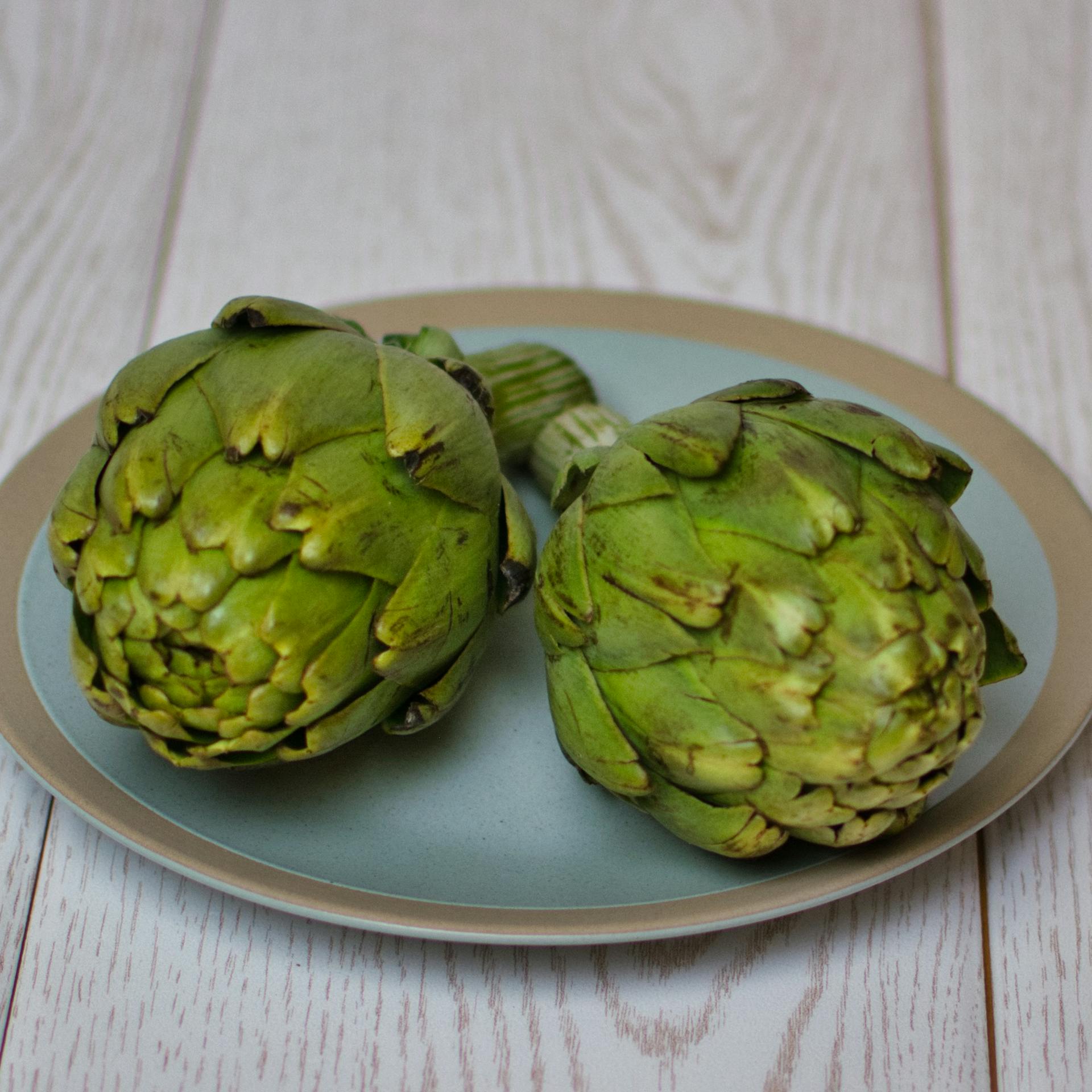
Canned Artichoke Hearts – Preservatives That May Be on the Chopping Block
Jarred and canned artichokes are often treated with citric acid and calcium chloride. If Kennedy targets these additives, expect shorter shelf life and increased prices.Potential Impact: Limited availability or a switch to frozen-only versions. Andie / Pexels
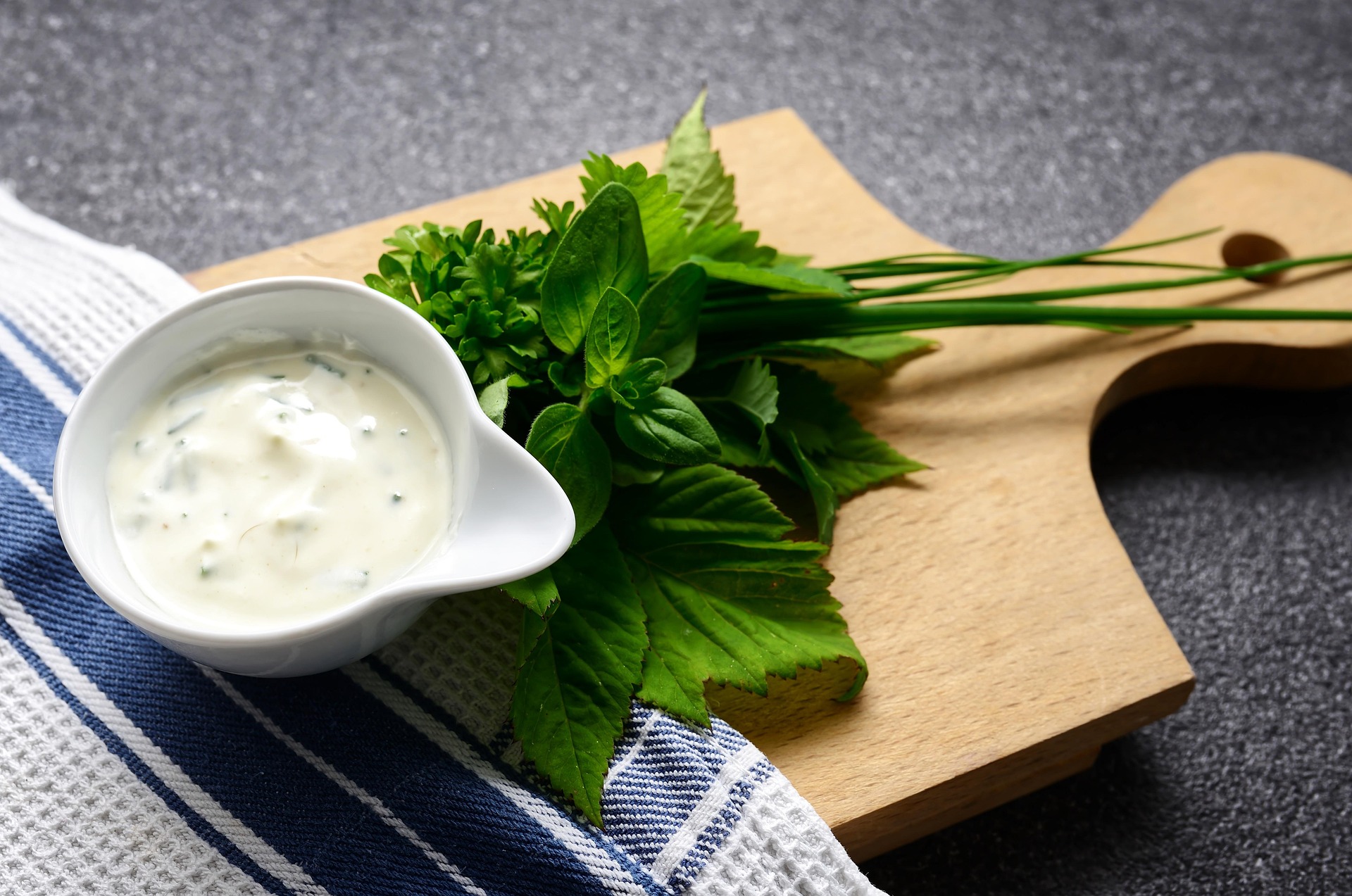
Bottled Horseradish Sauce – A Spicy Favorite in Jeopardy
Horseradish sauce often contains modified food starch and potassium sorbate. A ban could mean separation issues and an increase in fresh-only versions.Potential Impact: Limited availability, pushing some consumers to make their own from fresh horseradish. congerdesign / Pixabay
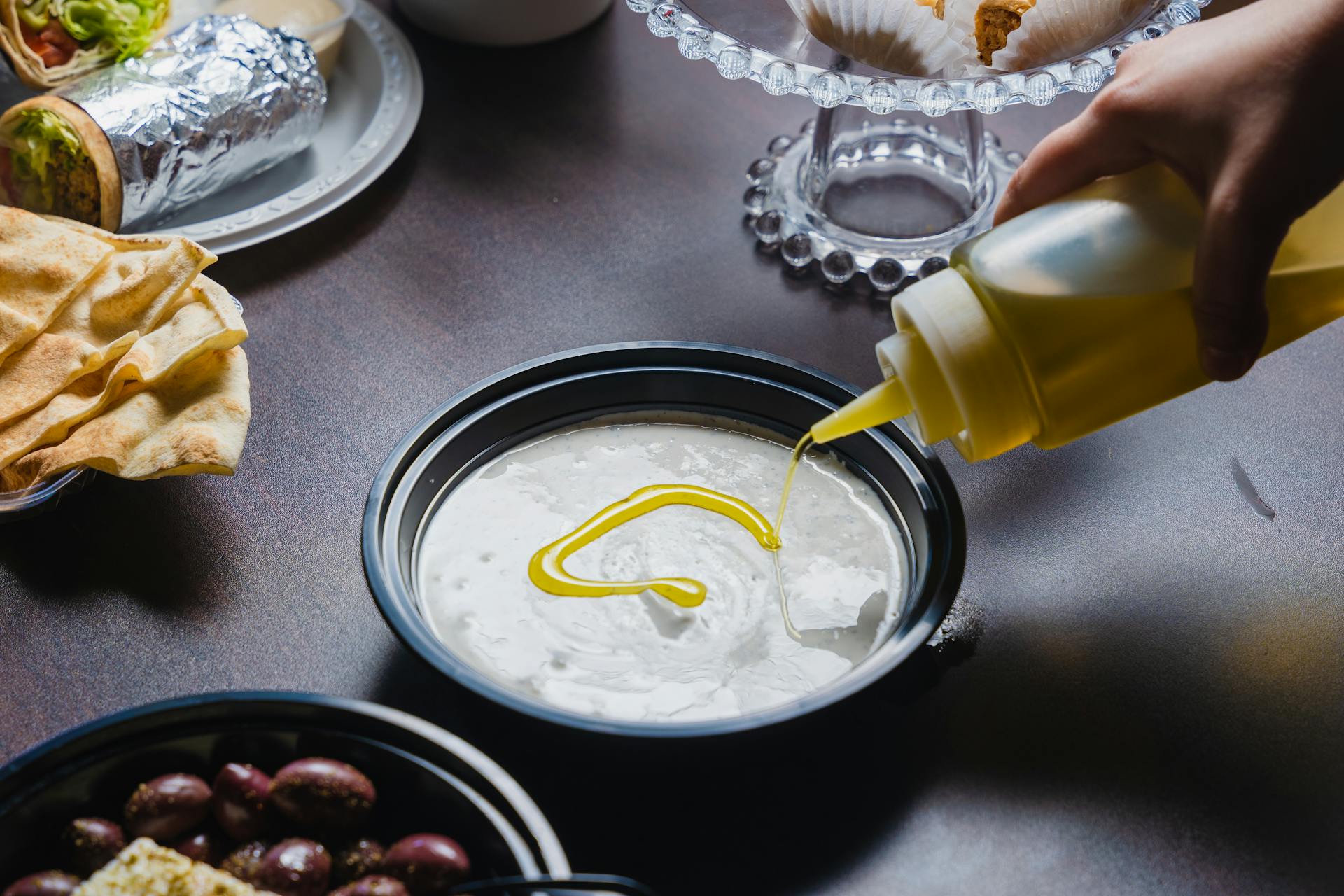
Bottled Tzatziki Sauce – A Greek Classic May Become Less Convenient
Pre-made tzatziki typically relies on dairy stabilizers and preservatives to prevent separation. A ban could result in runnier, less creamy textures.Potential Impact: Consumers may need to make tzatziki fresh at home, increasing prep time. Snappr / Pexels
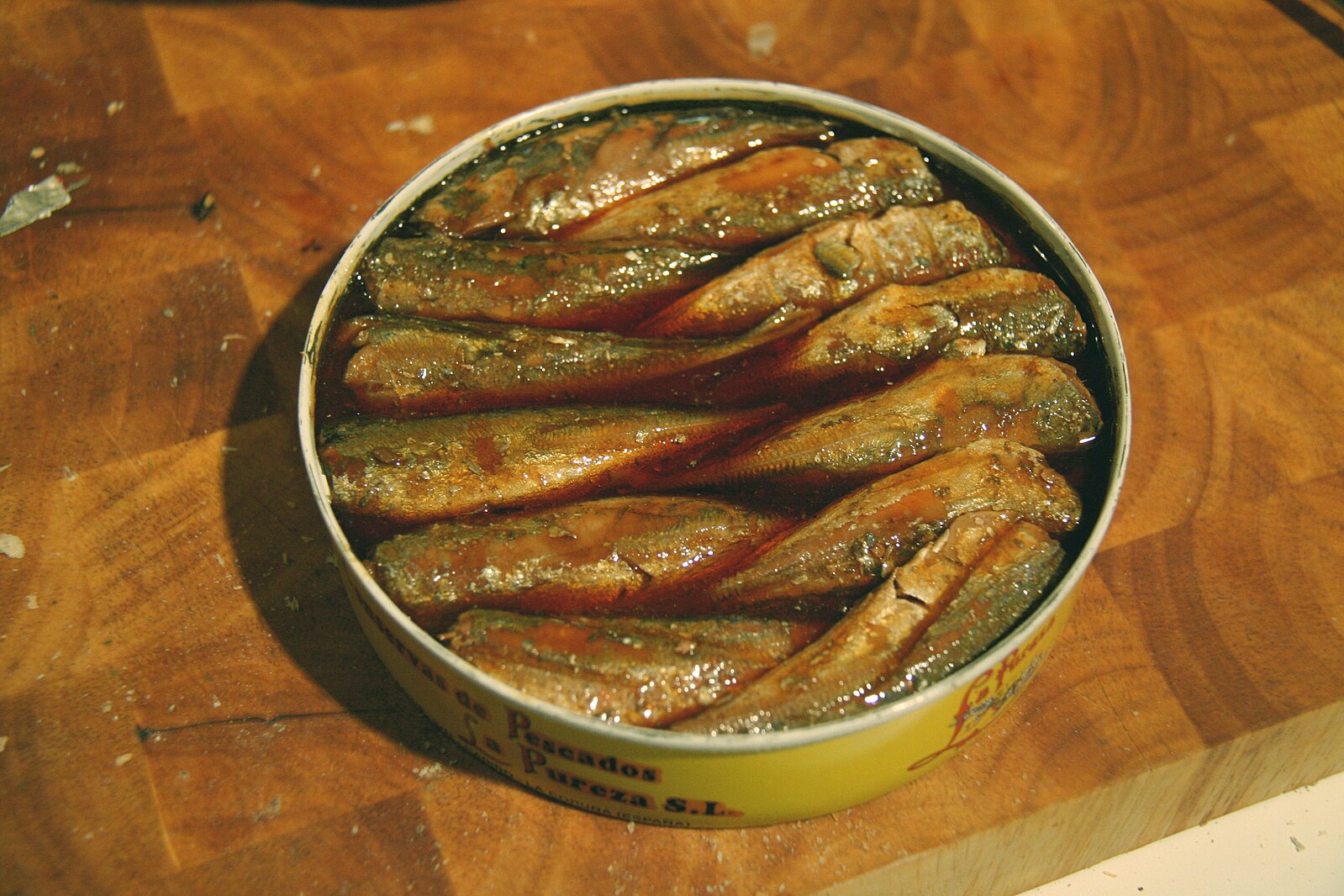
Canned Mackerel – Processed Fish Products at Risk
Canned mackerel often contains sodium benzoate and preservatives to maintain freshness. A ban could result in fish that spoils faster and requires refrigeration.Potential Impact: Fewer affordable canned seafood options. Tamorlan / Wikimedia
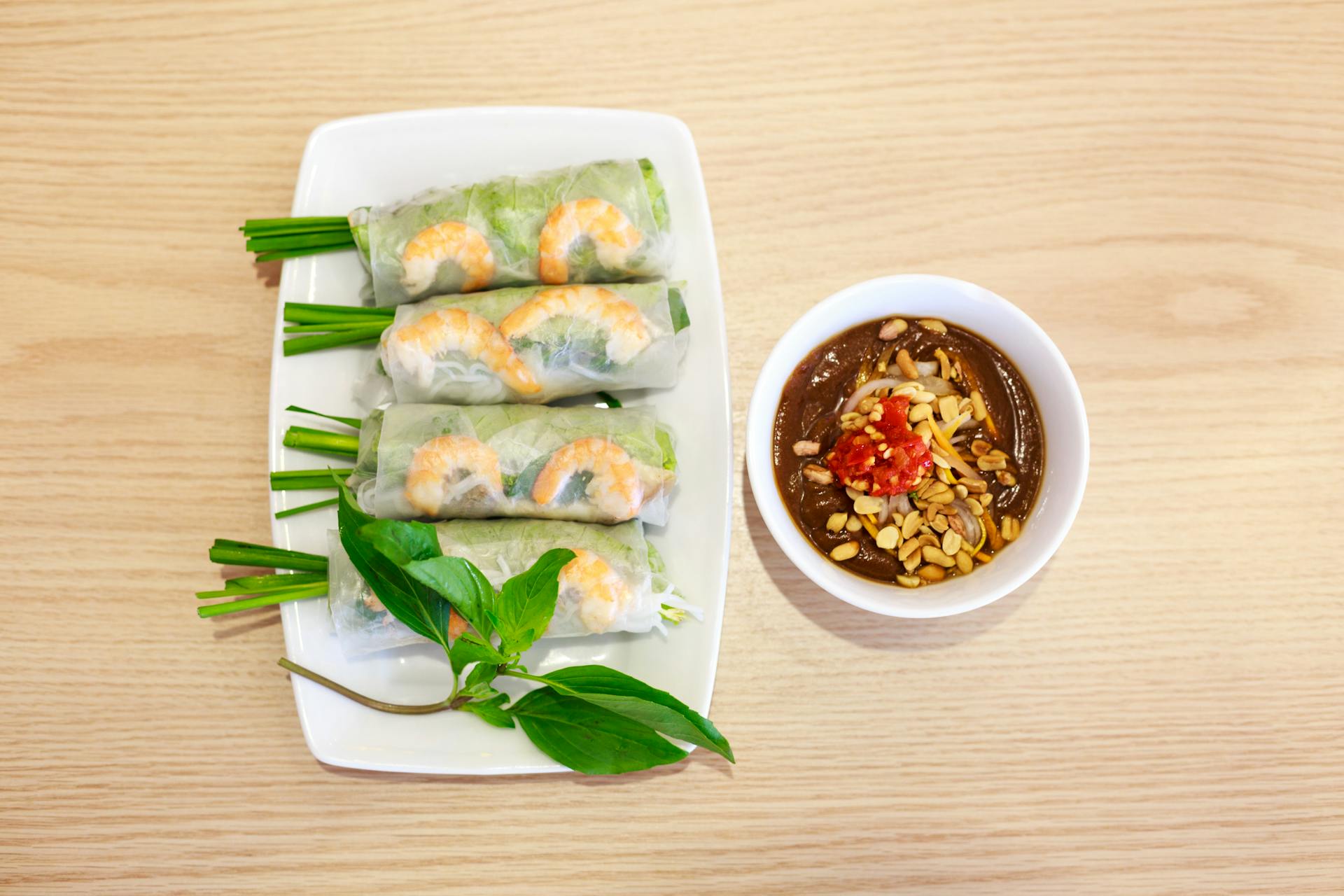
Packaged Rice Paper Wraps – Fresh Spring Rolls Might Be Harder to Make
Rice paper is often treated with anti-clumping agents to prevent sticking. Without these, it could dry out faster or become more difficult to use.Potential Impact: More fragile wrappers, requiring careful storage. Quang Nguyen Vinh / Pexels
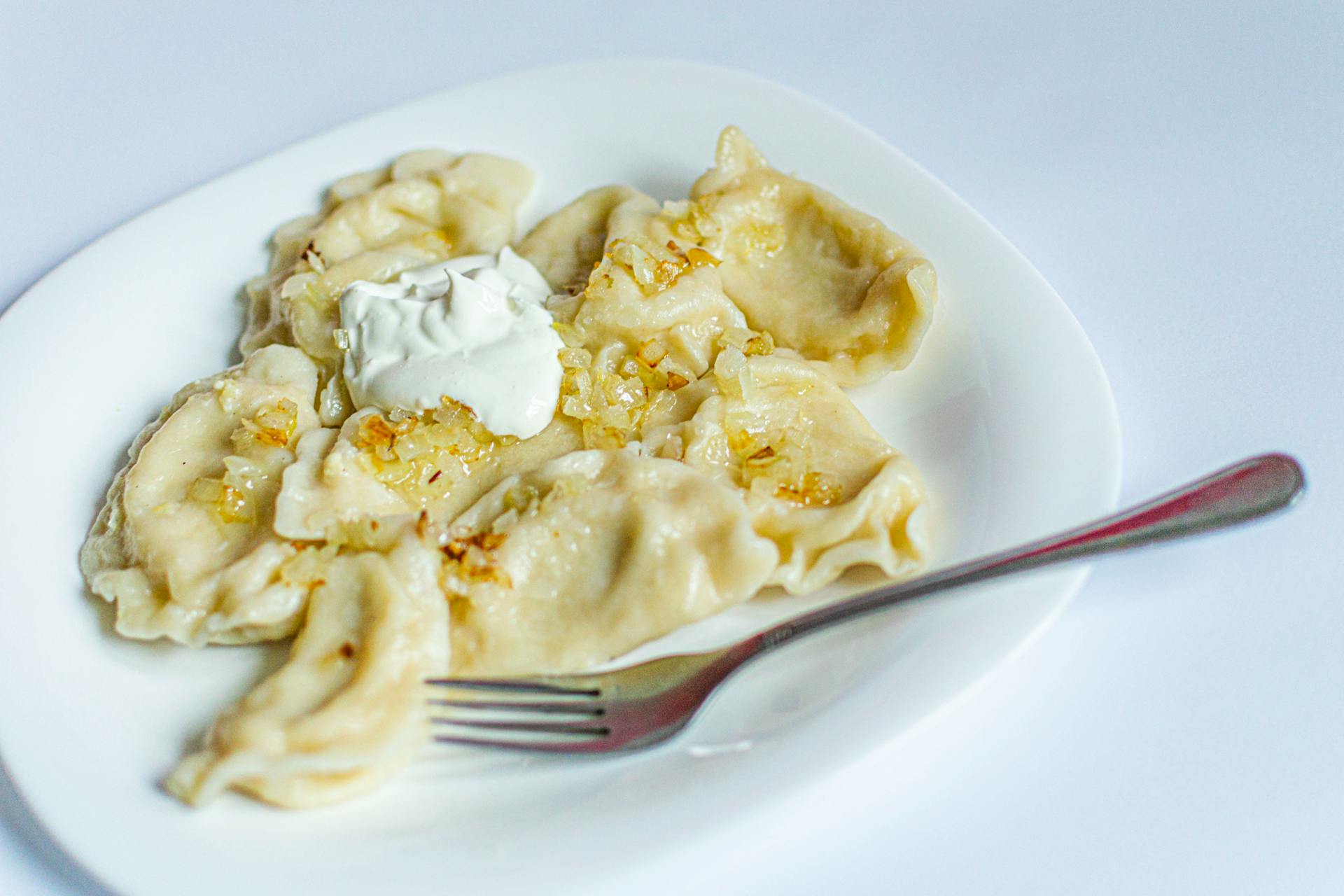
Frozen Pierogies – A Comfort Food That May Change
Many frozen pierogies use stabilizers and processed cheese blends to hold their filling together. Removing these could result in runnier fillings and a mushier texture.Potential Impact: Potential recipe changes that impact texture and consistency. SHOX art / Pexels

Pre-Made Tofu Stir-Fry – No More Easy Vegan Meals?
Many pre-packaged tofu meals contain modified starches and flavor boosters. A ban could result in less firm textures and milder flavors.Potential Impact: Fewer grab-and-go plant-based meal options. Polina Tankilevitch / Pexels
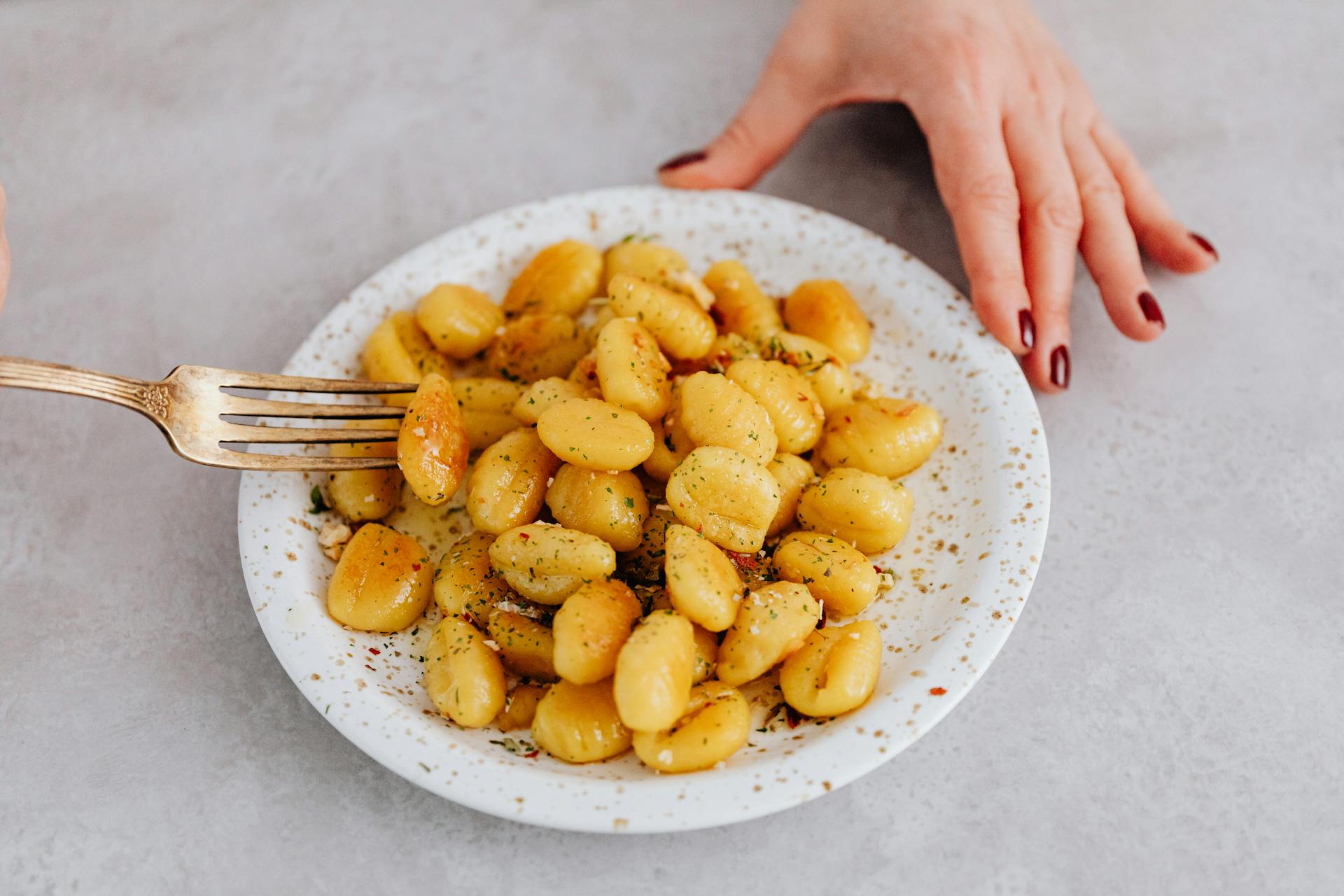
Microwaveable Gnocchi – No More Quick Italian Dinners?
Shelf-stable gnocchi often uses preservatives, dough conditioners, and stabilizers to maintain texture. Without them, expect stickier, more perishable gnocchi that needs to be cooked fresh.Potential Impact: More expensive fresh gnocchi options, shorter shelf life, and increased home preparation time. Kaboompics.com / Pexels

For those who prefer fresh, homemade foods, these changes may not seem like a major loss. However, for busy families, students, and budget-conscious shoppers, the loss of affordable, long-lasting grocery staples could make meal planning more difficult. Whether these restrictions lead to a healthier America or simply make life more expensive and less convenient remains to be seen. The grocery store as we know it may soon look very different. Gage Skidmore / Wikimedia